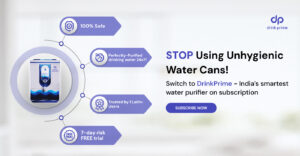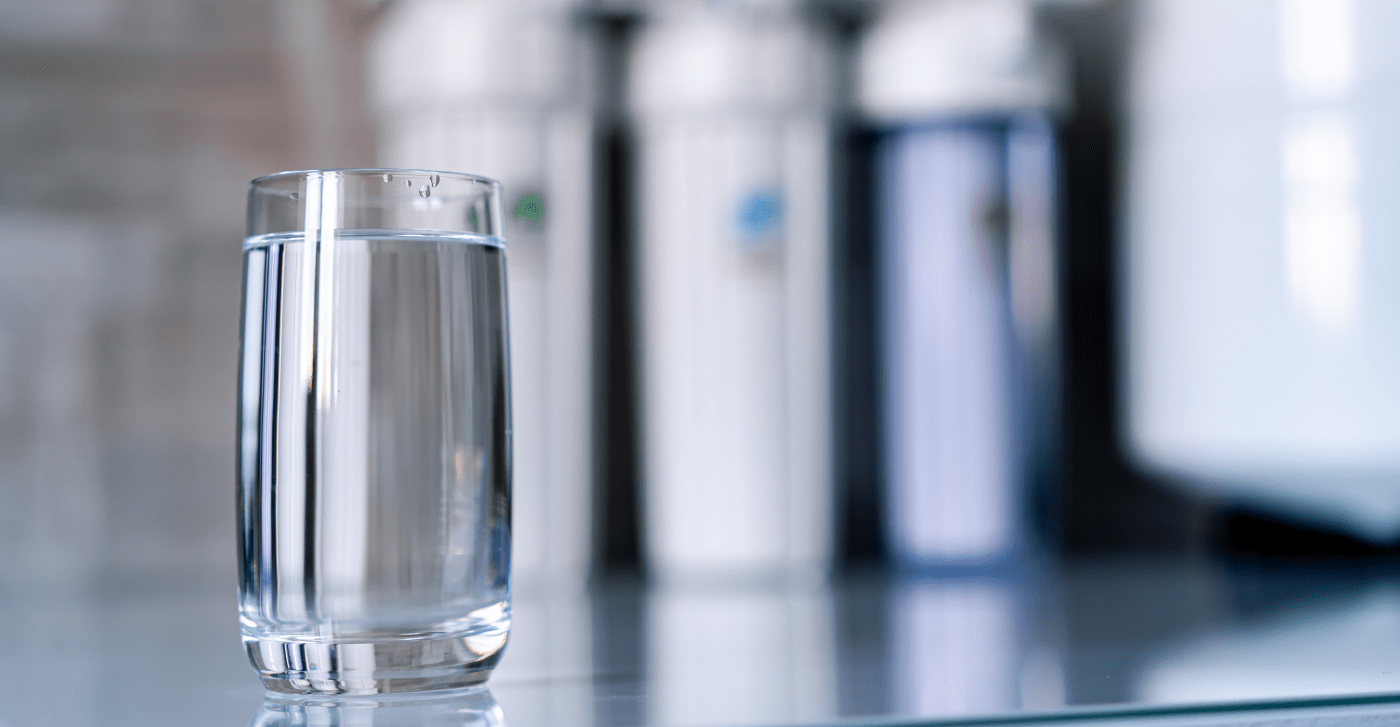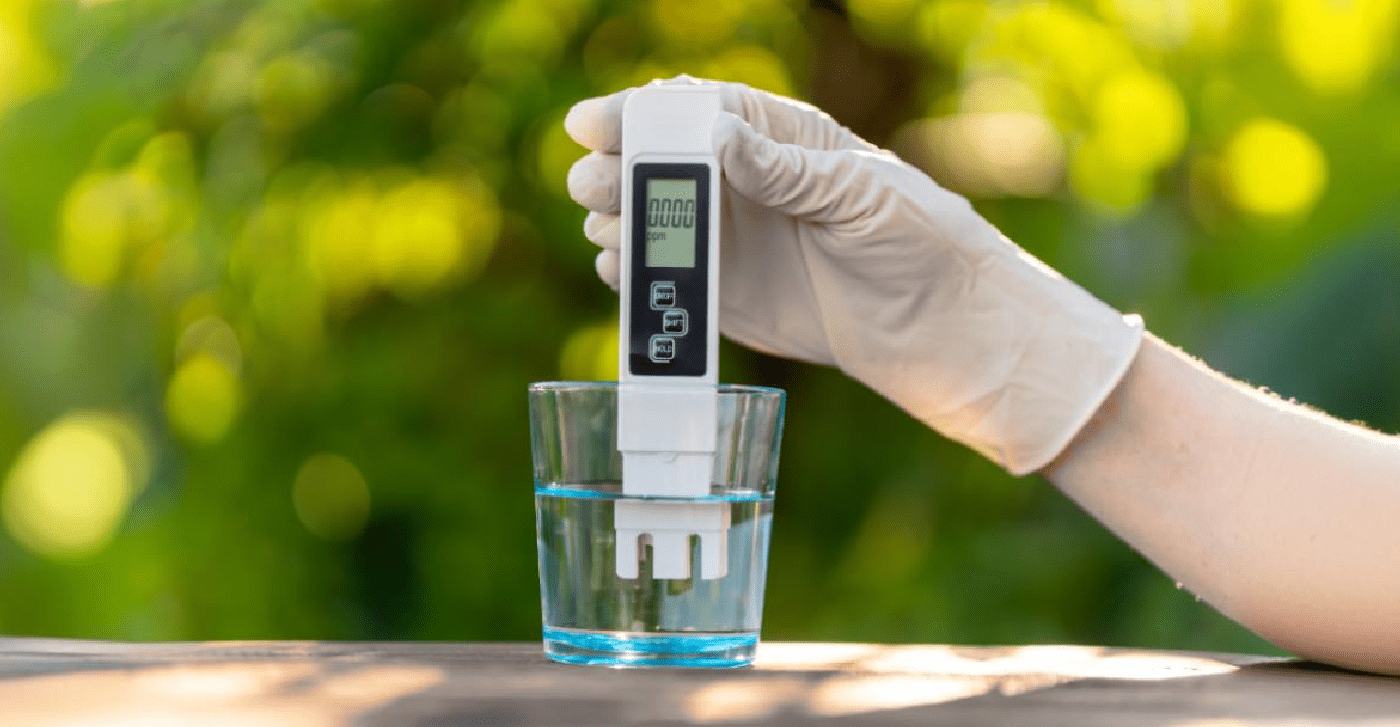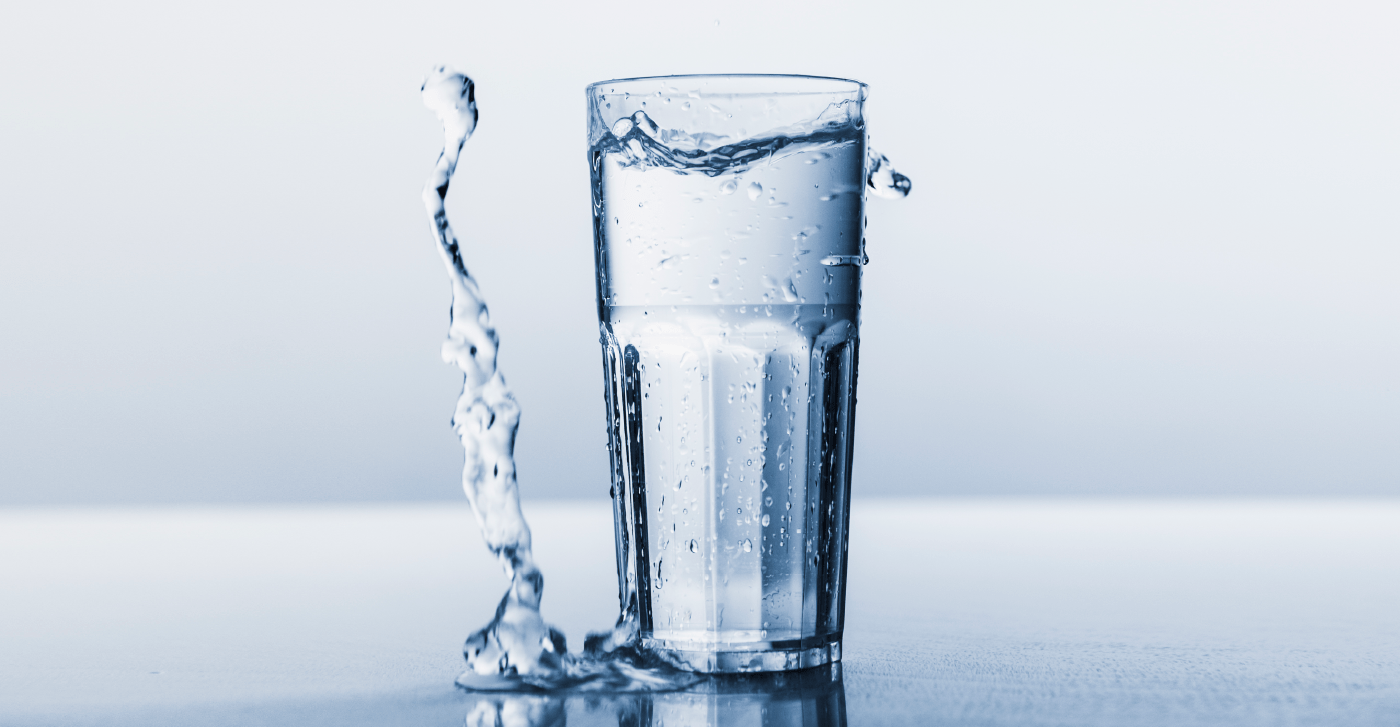Water, one of the pillars on which life is dependent, has unfortunately been subjected to a tremendous amount of pollution and stress in the last decades. The water that is available for your consumption currently, may be contaminated with a host of pathogens and harmful pollutants. This may cause many deadly water-borne infections and other dangerous ailments.
Fortunately, the area of water purification and management has grown by leaps and bounds in the past decades and now you have a plethora of water purifiers to suit every need and budget. The water purifier has transformed into a household necessity that you cannot afford to miss out on if you want access to safe drinking water. But like every other device, it has its share of pros and cons. Here we examine some of the water purification systems and their advantages and drawbacks.
What do you mean by water purification?
Water purification is a process that removes unwanted particulate matter, pathogens, biological contaminants, etc. from water, thereby making it safe for a specific use. The most important use of purification is to make the water safe for human consumption. But water purification is also used for other purposes like medical, industrial, and chemical uses.
Water purification systems are beneficial in a variety of ways. It ensures that the water it treats is free from contaminants and you can be assured of the safety of the water you consume. Other than removing pathogens, water purifiers also remove toxic metals and other pollutants which may cause dangerous ailments. Water purifiers also let you enjoy sweet-tasting, odorless water as and when you need it. It also ensures that you limit the use of single-use plastics, thus helping you become more environmentally friendly. The possible water purification disadvantages may include excessive water wastage and the need for regular maintenance.
Different types of water purification systems and their benefits and drawbacks.
RO water purifiers
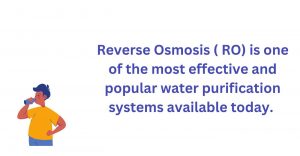
This is one of the most effective and popular water purification systems available today. In this system water under high pressure is pushed through a semipermeable membrane using a pump. In this method, osmotic pressure is reversed and water flows from a higher to a lower concentrated solution. The semipermeable membrane acts like a mesh filtering out clean water while the harmful contaminants are left behind.
RO water purification advantages
- Most of the harmful pollutants and contaminants are removed by this process making water safe for your consumption.
- It removes any unsavory odor and enhances the taste of water so that you are left with sweet-tasting water at the push of a button.
- It is relatively easy to install, and you can easily operate it.
- It allows you to limit or stop using plastic water bottles completely. This makes it environmentally friendly as it contributes to less plastic waste in the long run.
- It is cost-effective in the long term as you stop depending on costly mineral water bottles.
Disadvantages
- It may strip your water of healthy minerals along with contaminants. This would mean that you do not get the benefits of naturally occurring minerals from your water. So, it is recommended that you opt for features like remineralization technology which adds back healthy minerals to your water.
- Ro uses a lot of water for purification and this may lead to water wastage.
- It expends a lot of energy when compared to other purification methods and may not be the most energy-efficient system,
- Ro systems require regular maintenance and often the replacement of parts can turn out to be heavy on your pockets.
Distillation
In this method, water is boiled at high temperatures and the resultant steam is condensed back to water in another adjacent chamber. During boiling, the microbes and pathogens are killed. The remaining contaminants are left behind in the first chamber during evaporation while the pure water is condensed in the next chamber.
Advantages
- Distillation produces water with very high levels of purity.
- It does not require electricity or any major energy source.
- It can be used to purify liquids other than water like essential oils, alcohol, etc.
- Distillation does not use filters or chemicals and is a straightforward, natural process.
Disadvantages
- It is a slow process, taking a lot of effort and time.
- It is an expensive process and not cost-effective in the long run.
- There is no standardized quality due to the different types of materials used for the distillation process and their efficiency.
Activated carbon filters
This is one of the most popular water purification systems currently. In this system, a process called absorption is used. The activated carbon filters attract all the impurities and contaminants found in water. Since the impurities are attracted to carbon filters and adhere to them, the water that passes through the filters is pure and free from pollutants.
Advantages
- Compared to other purification systems they are cheap and easily available everywhere.
- It is easy for you to install and maintain.
- It also enhances the taste of your water along with purifying it.
Disadvantages
- You will need to replace the filter frequently especially if your source water is heavily contaminated.
- The speed of filtration can be a tad slower compared to other systems.
Ion exchange
This remains one of the most efficient ways to remove pollutants like arsenic, radium, nitrates, etc. from water. In this method, water is slowly percolated through porous resins where the undesirable ions in the water get exchanged with the ions in the beads. These ions which are exchanged must have a similar charge. The most popular form is water softening, which reduces the level of calcium and magnesium in the water.
Advantages
- Helps create pure tasty drinking water.
- It is affordable and can be combined with other methods.
- It does not lead to scaling or rusting.
Disadvantages
- The water has a limited shelf life.
- It can be expensive.
Get 7 Days Risk Free Trial
Conclusion:
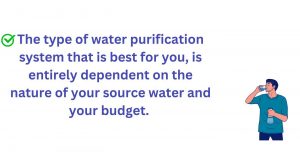
The type of water purification system that is best for you, is entirely dependent on the nature of your source water and your budget. So, it is important to get your source water tested and then zero in on the water purification system that will give you an uninterrupted supply of pure drinking water.

